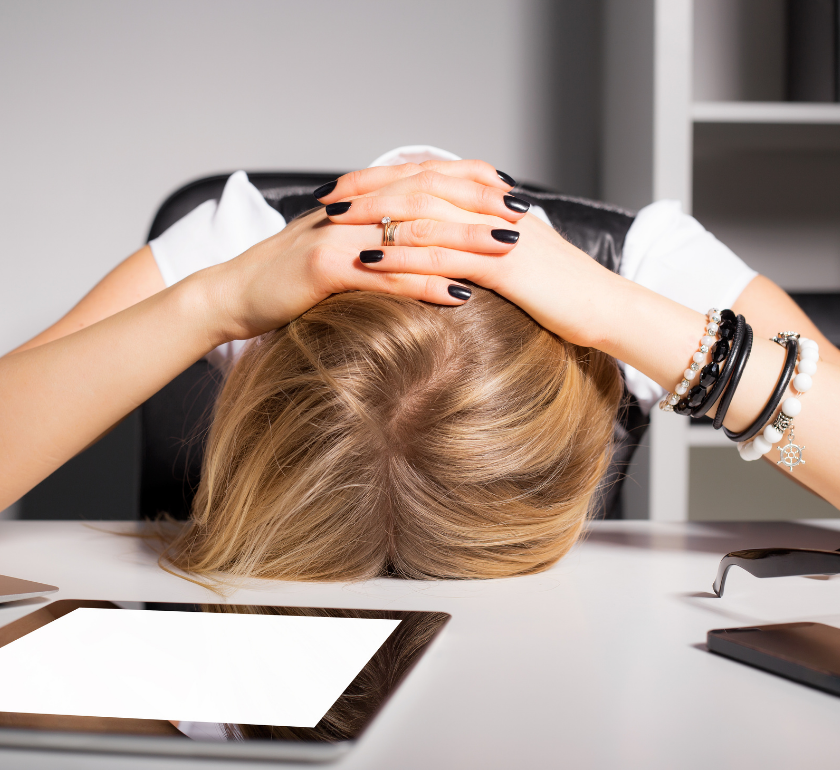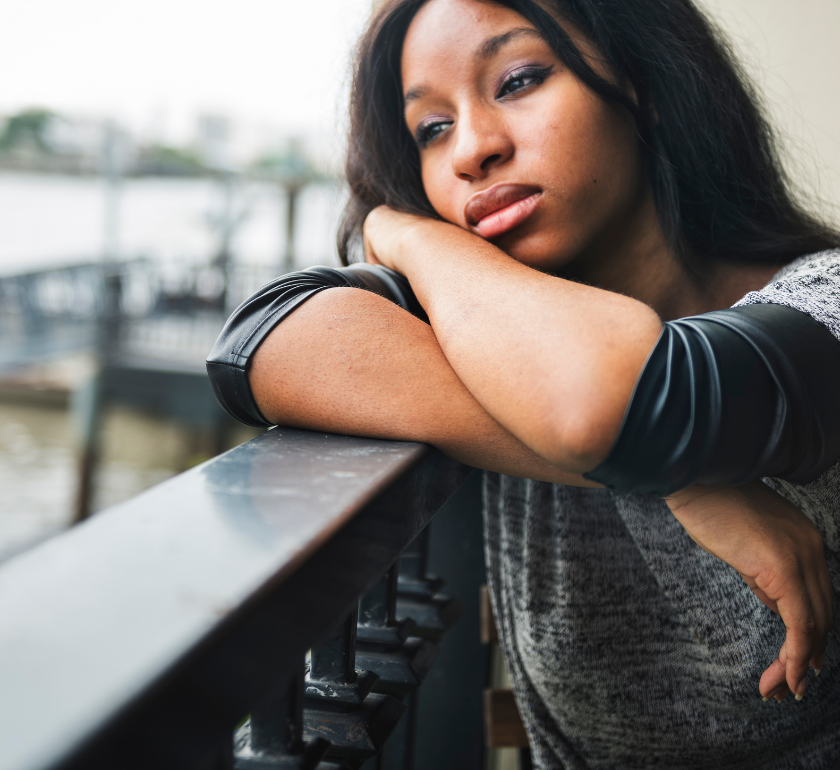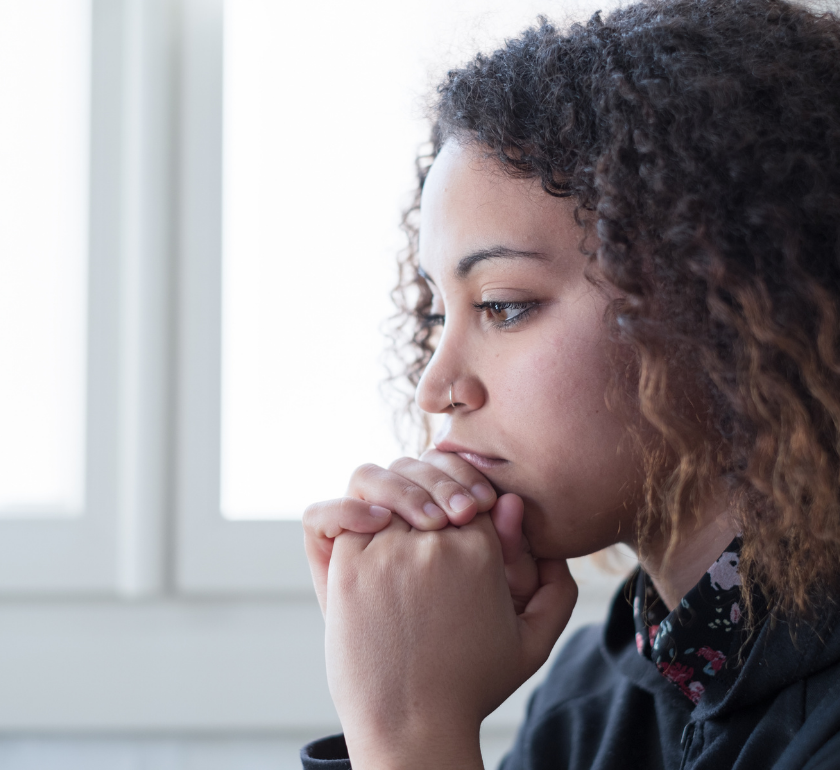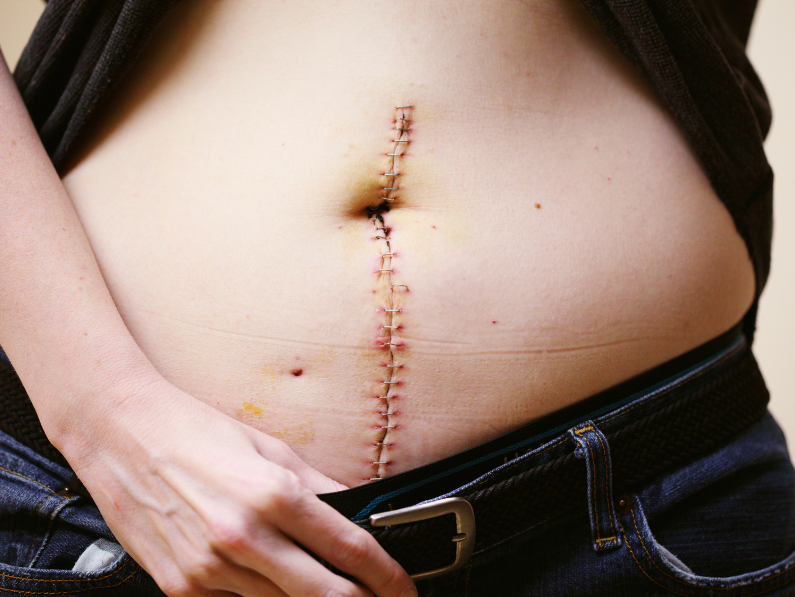What’s your view of depression? Do you think it’s a person that is sad and crying all the time? While feelings of sadness and despair are normal, they’re not the only symptoms. The reality is that depression comes in different shapes and sizes. And it impacts each person differently. However, knowing the root cause of what’s causing depression to occur and developing healthy coping mechanisms can make it easier to manage and treat.
Page Contents
What Depression Feels Like For Me
There are definitely levels regarding how depression affects my mental health. It can be mild, like an itchy insect bite. Or it can be severe, like an overwhelming rash. My symptoms with mild depression include me becoming melancholic and pensive. Additionally, I have low energy and difficulty concentrating. I become disinterested in hobbies and activities I normally enjoy. And my anxiety is elevated, making me hypersensitive.
While these symptoms are challenging, I can usually manage and mask them. So, you saw me, I’d appear happy and “normal” on the outside. I’d smile and laugh and do all the things that allow me to look ok. But inside, I’m a mess. And, I’m doing all I can to hold it together and make it through the day.
On the other hand, when my depression is severe, my symptoms aren’t manageable. I become anti-social, standoffish, and reclusive. Thus, triggering my social anxiety and aversion to interacting with others, especially in large groups or noisy, crowded spaces.
My thoughts and feelings are negative. I feel hopeless and unworthy, like a failure. Additionally, I begin to disassociate from reality, struggle with suicidal ideation and become numb like a zombie. I can’t explain what it feels like to feel nothing. It’s as though I become almost catatonic. I’m unable to get out of bed and oversleep. And I’m in a perpetual state of grief. What’s worse is there’s no reason or cause for why I feel this way. Which makes me feel even worse.
How I Found Healthy Coping Mechanisms
When I decided to seek psychiatric help, I learned that my depression was due to me having bipolar disorder. And the best way for me to manage it was through proper medication, therapy, and lifestyle modifications. So, I take medication to stabilize the chemicals in my body that trigger my depressive episodes. And while I’ll have the occasional mild depressive episode, the medication has prevented severe episodes, which I’m grateful for.
Additionally, working with a therapist has helped me navigate real-life struggles that I encounter and learn healthy coping mechanisms that allow me to manage my bipolar and my depression.
Focus on Mindfulness and Remaining Present
Cheesy? Perhaps. But becoming more aware of my thoughts, emotions, mindset, and environment is beneficial. I can quickly identify mood shifts, potential triggers, and issues before they have the chance to fester and grow. Now, there’s no set path or plan of action for mindfulness. It’s something that’s going to look different for everyone. For me, in particular, mindfulness is a combination of things.
For example, taking the time to journal and write daily helps me stay in tune with my thoughts, feelings, and emotions. It also helps me to express myself better. Finding time each day to practice gratitude fosters an optimistic growth-oriented mindset. Additionally, setting aside time to plan my day helps with time management and decreases my anxiety.
Lastly, my faith is an important part of my mindfulness habit. Meditative prayer, reading the bible, focusing on specific verses, and creating affirmations are therapeutic.
Staying Active
Moving your body is beneficial for health and wellness. But, it also boosts serotonin and dopamine naturally. Both serotonin and dopamine are neurotransmitters in short abundance in my body. When they become low, I can have a depressive episode. Hence, moving my body when I notice depression symptoms helps alleviate them before they progress and become severe.
Remaining Social
As an introverted homebody remaining social is a struggle. I love and enjoy being home with my dog and husband. But, depression loves isolation, and it’s counterintuitive. So, I look for low-key activities that allow me to get out of the house. For example, I love the outdoors, so going hiking or even walking around my neighborhood is good. Other social activities that I enjoy are volunteering, going to the movies, visiting museums, and taking myself on solo dates to coffee shops.
Creating A Support System
Having a solid support system is important. For me, my support system has always been my hubby. Not only is he my best friend, but he lives with me and can spot when something’s not quite right. He knows when to push me out of my comfort zone, and he understands when I just need some time to myself. Having someone in my life who knows this is a game-changer. Especially considering I’ve never in the past had anyone that I could be so intimate and open with regarding my depression and mental health.
There’s Hope
What’s your view about depression now? I hope you see it differently and better understand what it is and how it’s managed. Although it’s a difficult and serious condition, it can be treated successfully. Getting to the root cause of what’s causing depression means it can be treated and cared for properly.
That’s why it’s crucial to seek help from qualified medical professionals like a psychiatrist. They’re able to diagnose underlying conditions and provide treatment if indicated. In addition, working with a therapist will help you develop healthy coping mechanisms and lifestyle modifications. It’s these behaviors that can ease depression and make managing symptoms effective.
Resources
Talkspace– for therapy and counseling
American Psychiatry Association: What Is Depression– a description of what depression is and signs and symptoms to look out for
Lifeline– if you’re currently in a crisis or feel like you may take your own life contact the National Suicide Prevention Hotline at 1-800-273-8255.









